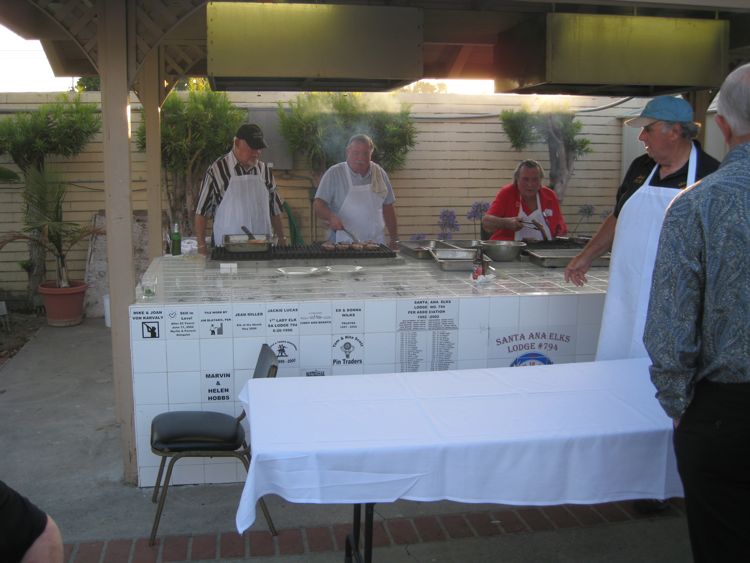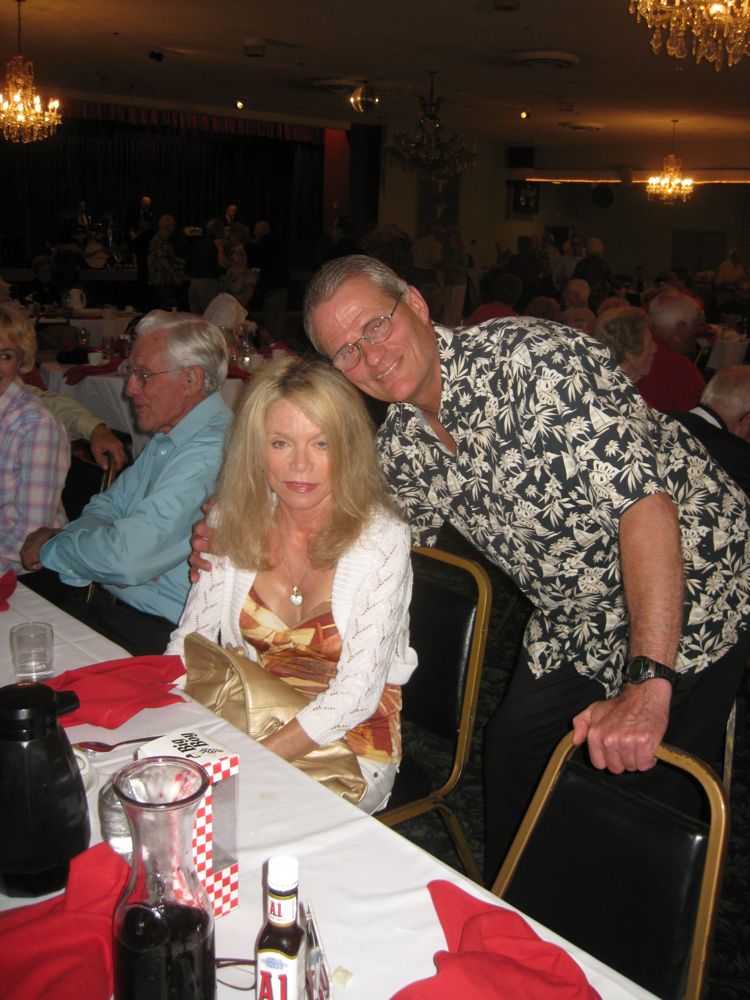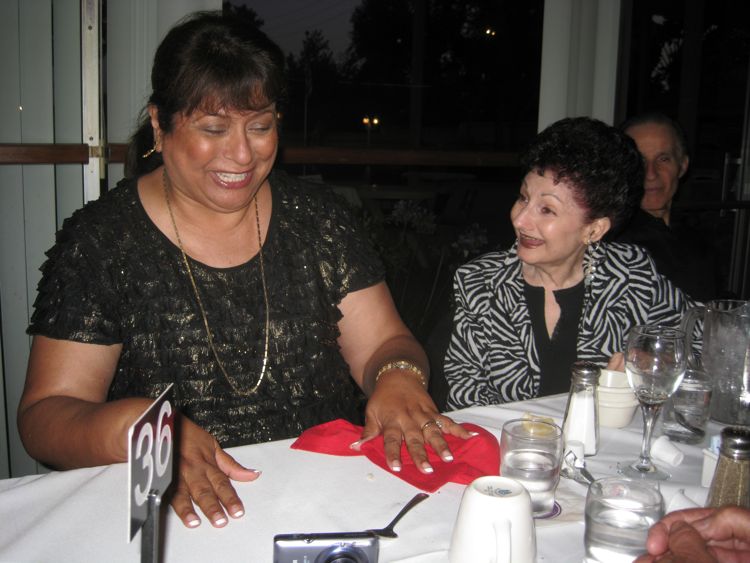The Smells Were Outstanding....

The smells were fantastic
Did you know? - Grilling is a form of cooking that involves dry heat applied to the surface of food, commonly from above or below. Food to be grilled is cooked on a grill (an open wire grid with a heat source above or below), a grill pan (similar to a frying pan, but with raised ridges to mimic the wires of an open grill), or griddle (a flat plate heated from below). Heat transfer to the food when using a grill is primarily via thermal radiation. Heat transfer when using a grill pan or griddle is by direct conduction. In the United States and Canada, when the heat source for grilling comes from above, grilling is termed broiling.[ In this case, the pan that holds the food is called a broiler pan, and heat transfer is by thermal radiation.
Direct heat grilling can expose food to temperatures often in excess of 260 °C (500 °F). Grilled meat acquires a distinctive roast aroma from a chemical process called the Maillard reaction. The Maillard reaction only occurs when foods reach temperatures in excess of 155 °C (310 °F).


PER's do the serving

Obviously a popular event

Swapping stories


Did you know? - Brian asked about a Porterhouse Steak? The T-bone and Porterhouse are steak cuts of beef. They consist of a T-shaped bone with meat on each side. The larger side is the New York Strip, which is from the strip loin, whereas the smaller side contains the tenderloin. Porterhouse steaks are cut from the rear end of the short loin and contain a much larger section of the tenderloin. T-bone steaks are cut from farther forward in the short loin and contain a comparatively smaller section of the tenderloin.
In British usage, followed in Commonwealth countries (except Canada), only the strip loin side is called the porterhouse, and the tenderloin side is called the fillet.
There is little agreement among experts on how large the tenderloin must be to call a T-bone steak a porterhouse; steaks with a large tenderloin are often called a T-bone in restaurants and steakhouses. The US Department of Agriculture's Institutional Meat Purchase Specifications states that the tenderloin must be at least 1.25 inches (32 mm) thick at its widest to be classified a porterhouse. Similarly, the USDA says that the tenderloin must be at least ½ inch (13 mm) thick for the steak to be classified a T-bone.

The map tells all!
Due to their large size and the fact that they contain meat from two of the most prized cuts of beef (the short loin and the tenderloin), T-bone steaks are generally considered one of the highest quality steaks, and prices at steakhouses are accordingly high. Porterhouse steaks are even more highly valued due to their larger tenderloin.
In the United States, the T-bone has the meat-cutting classification NAMP 1174; the porterhouse is NAMP 1173.

Grilled Porterhouse
A one-ounce portion of broiled, trimmed T-Bone steak
(IMPS/NAMP 1174) contains:
• 61 calories
• 2.94 g of total fat
• 23 mg of cholesterol
• 7.97 g protein
• 0.85 mg iron
• 1.53 mg zinc

The caption is censored

Yes... I am wearing my bar-b-que shirt

A plot being hatched


Pronouncements












Watch those hands Maryann





Look at the jugs on that one
Vicky Has Some Ideas?


